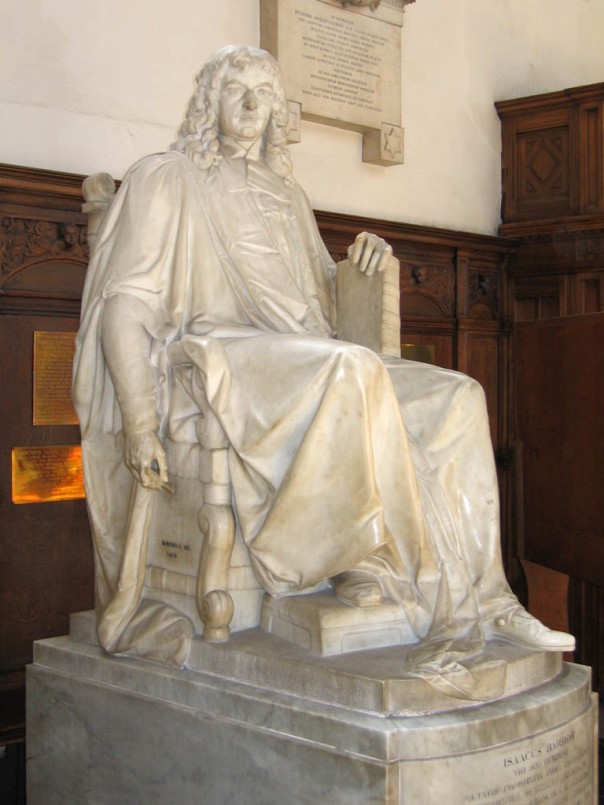http://ctheory.net/ctheory_wp/art-as-digital-counterpractice/#_ednref46
Excellent article that puts in evidence so much that is hidden in the digital hype. It’s an excellent critique of all that which most of the time stays hidden in the background shadowed by discourse of the bigger structure that use technology for their efficiencies and administrative agenda but not for improving students digital agency.
It brings me to think how dangerous it is to think that students are READYMADE for techonology, making us sometimes forget how anxious many of them are about the digital and how helpless they feel towards a format -the digital and it’s tools and concomitant skills, they feel they can’t master. Many times, although they are as young as 20, they feel they are the forgotten generation!! No one has taught them how to operate digital tools to study!
This quote is taken from the article and it illustrates a bit of this in a different context.
“Through their engagement the audience might become something other than “readymade” for technology—they too can entertain what a counterpractice in the digital space might look like.”
